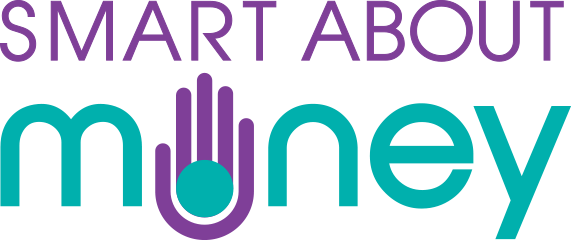Medical scheme contribution increases for 2022 are on average lower than the expected average salary increases, but the increases may still be the last straw in an already stretched budget.
If you need to cut costs to make ends meet, you can downgrade, still have good cover and save money. It may involve a change of scheme - if your employer does not specify the scheme - or just an option change, Jacqui Nel, business unit head of healthcare for Aon South Africa, says.
She suggests you get advice from someone who specialises in medical schemes, as there are some pitfalls when downgrading.
Remember that you will not incur any additional costs on your own contributions to get advice – your scheme will pay your adviser from all the contributions collected, Victor Crouser, head of healthcare at Alexander Forbes, says.
Choosing a medical scheme option that restricts you to using only certain hospitals is a good way to reduce costs, Jill Larkan, head of healthcare consulting at GTC, says. Most schemes now offer these options.
Nel says many people have negative views about options that restrict choice, mistakenly thinking they are inferior.
However, network options are cheaper because schemes choose quality providers to reduce costs from poor care and negotiate better prices for channelling members to certain hospitals.
If you do choose a network option, however, be sure that any specialists you consult, such as a cardiologist or gynaecologist, practices at the network hospital, Nel cautions.
Should you need a procedure at a hospital outside the network, you will face a co-payment.
Larkan says if you are financially stretched, you could downgrade to an entry-level medical scheme option where you will not only have to use certain hospitals, but also certain doctors and medicines from a medicine formulary.
Families can save by enrolling healthy dependant adult children on low-cost options in their own names, Larkan says. Students who are not earning will enjoy low contributions on options that have income bands, she says.
Downgrading will also reduce your cover in other ways and Larkan warns against moving to cheaper options that offer cover for the prescribed minimum benefits (PMBs) in state hospitals only.
She also says entry-level options are also not suitable for people who have high out-of-hospital needs, such as those who are being treated for cancer.
The PMBs are benefits your scheme must provide, but the scheme can specify where you must get those benefits. To keep contributions low, some schemes offer PMB cover in state hospitals only.
Remember, any treatment for Covid-19 is covered by the PMBs.
Nel warns that cheaper options may only cover what is known as tier one oncology benefits and procedures, such as a hip replacement, when you have broken your hip in a fall.
Crouser warns against misunderstanding benefits for doctors who treat you in-hospital – if it says “100% of scheme tariff or rate” it does not mean that your healthcare provider will be paid in full, as they may charge substantially more than this scheme rate.
Gap cover can help cover shortfalls in doctor rates and oncology benefits. A good adviser can also help you with this insurance which is also growing more expensive as more benefits are covered, Crouser says.
Consider the risks before you downgrade and remember you can upgrade again at the end of a year.
Larkan says you can save costs by choosing an option with less day-to-day healthcare cover and funding these costs yourself. This could save you about 10% of your costs in administration charges, she says.
If you self-fund day-to-day cover, set aside what you need monthly in an account designated for medical expenses only.
You can buy vouchers covering general practitioner visits that include medicines which could make your day-to-day funds stretch a little further, she says.
However, Crouser suggests you compare the cost of these prepaid GP visits to the discount you can get for paying for a consultation in cash.
He suggests exploring scheme options that promote tele-consultations – they can work well if you are tech savvy.
Nel says some members have built up large medical savings account balances. These members could save on contributions by moving to an option with hospital and PMB cover only, until their savings balances are depleted.
Be sure you have enough savings for the year before you make this move – many members are unaware of what they spend in year, Nel says. Check your claims history and the tax certificate issued by your scheme.
Members on more comprehensive medical scheme options enjoy what are known as above-threshold benefits. These benefits are paid for by the scheme when members’ medical savings accounts are exhausted. They protect you against the risk of very high day-to-day healthcare expenses.
Larkan suggests checking if you ever access these above-threshold benefits. If you have not done so for the past two or three years, consider downgrading to a cheaper option without this benefit, she says.
Crouser warns those who downgrade to check if their chronic medicine will still be covered. Cheaper options may require you to use medicines from a medicine formulary or approved medicine list.
However, remember that a cheaper option may save you a few thousand rand a month. This saving may be more than enough to pay for a benefit you lose by downgrading, for example, a R300 a month chronic medicine, Nel says.
She says the decision about whether to have above-threshold benefits depends on your risk profile - what you can afford, how disciplined you are about providing for costs not covered by your medical savings account and how you could fund high costs if a health condition occurs for the remainder of a year until you can upgrade.
Nel says as a member you should remember you can save money by not abusing day-to-day benefits, by, for example, using specialists when a general practitioner can treat you for much less.




